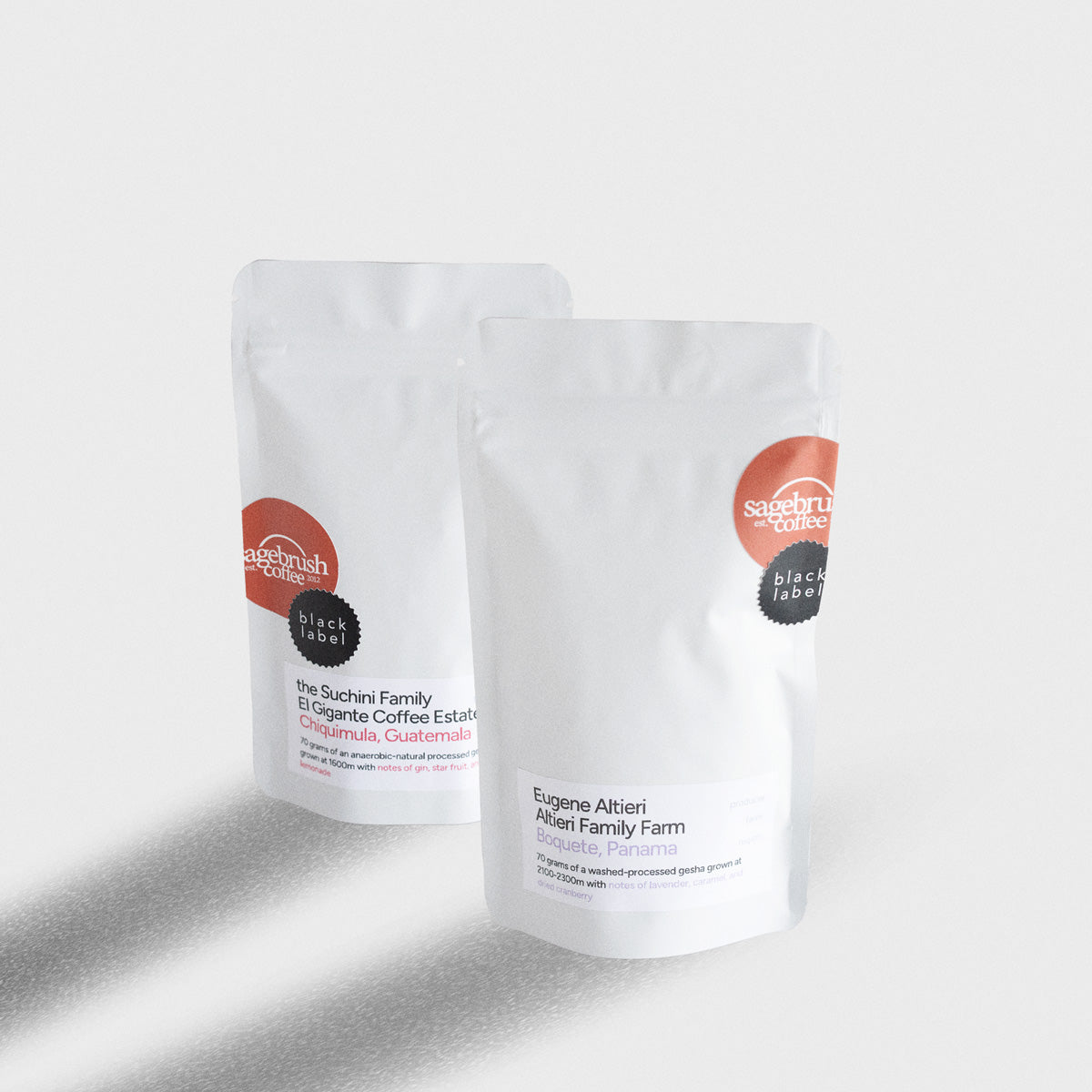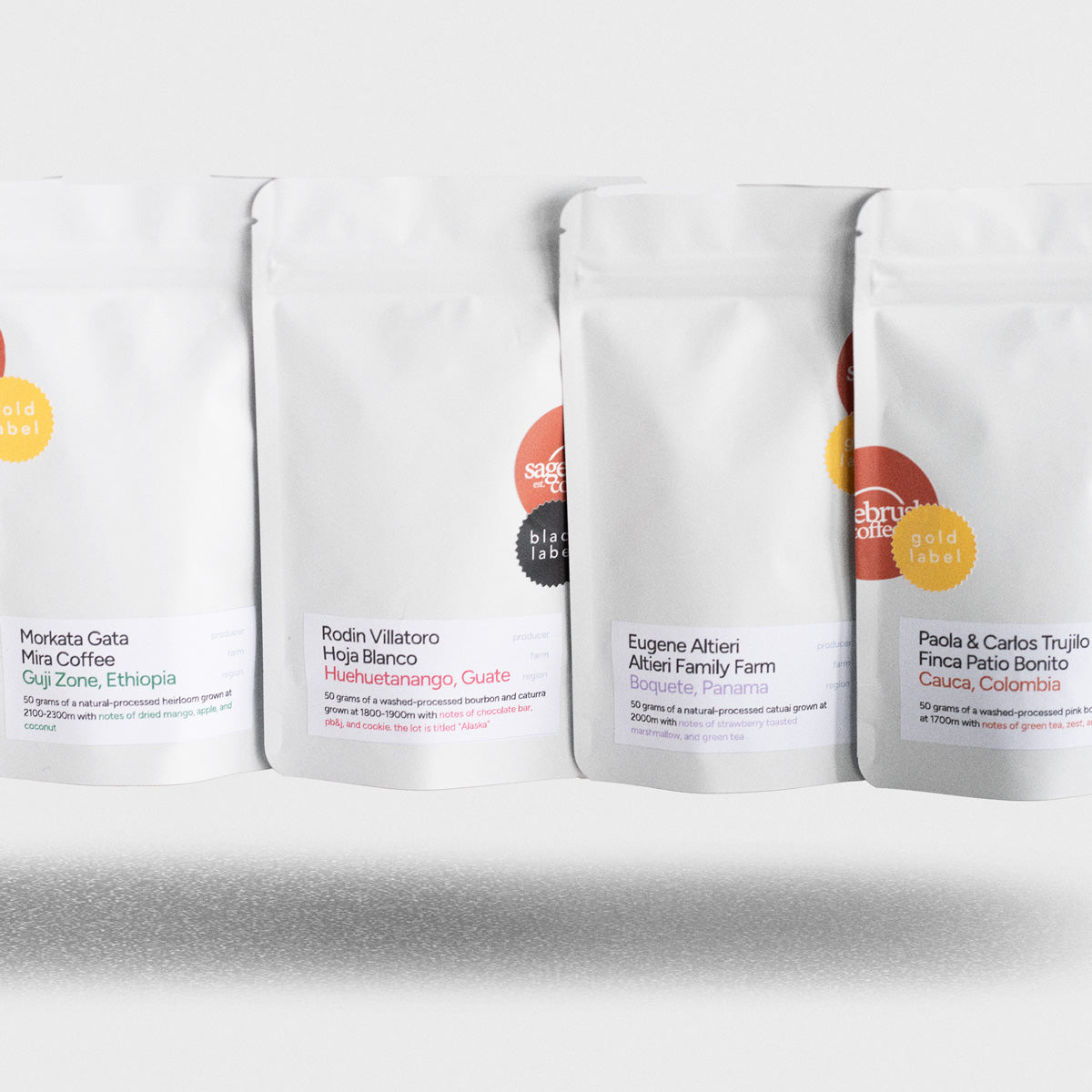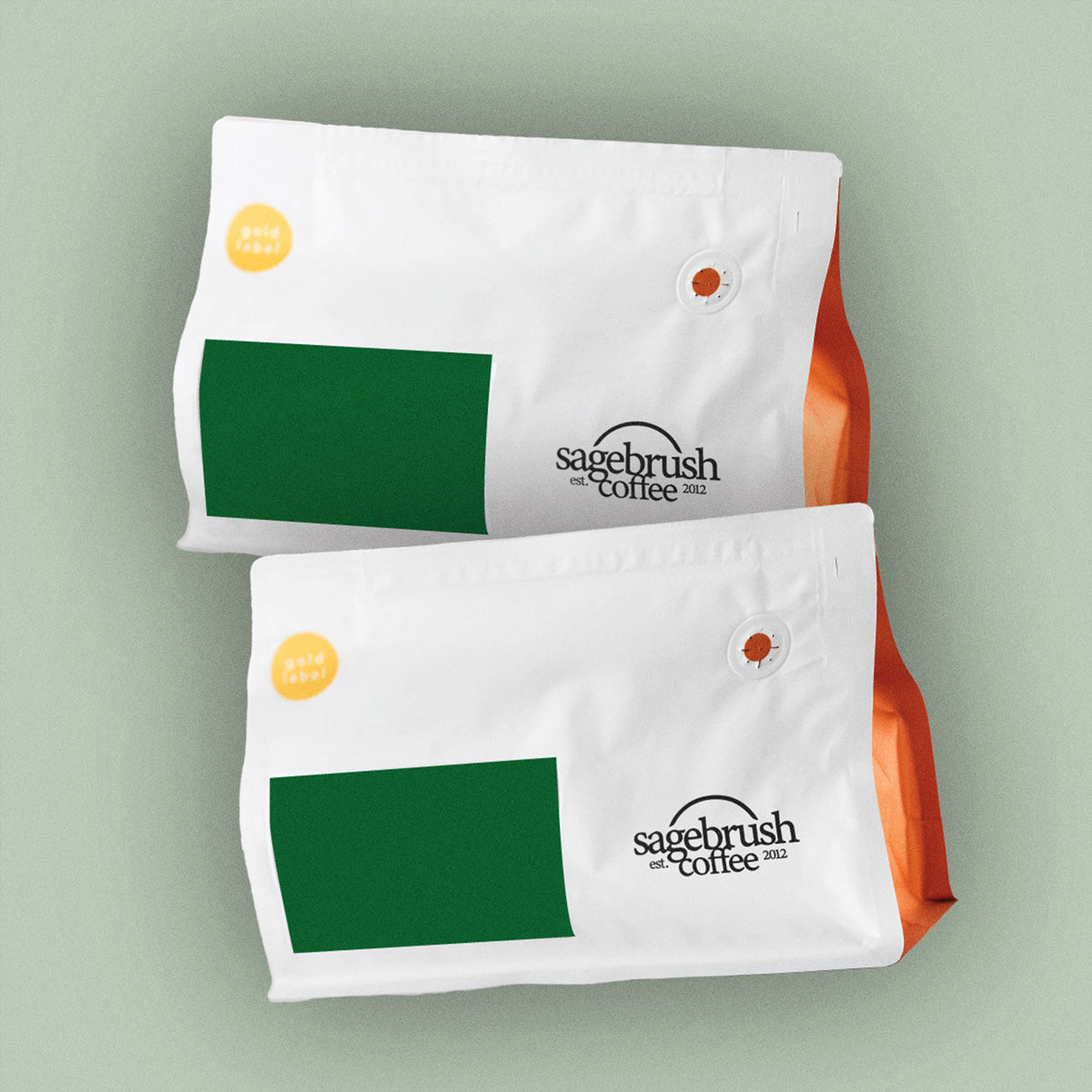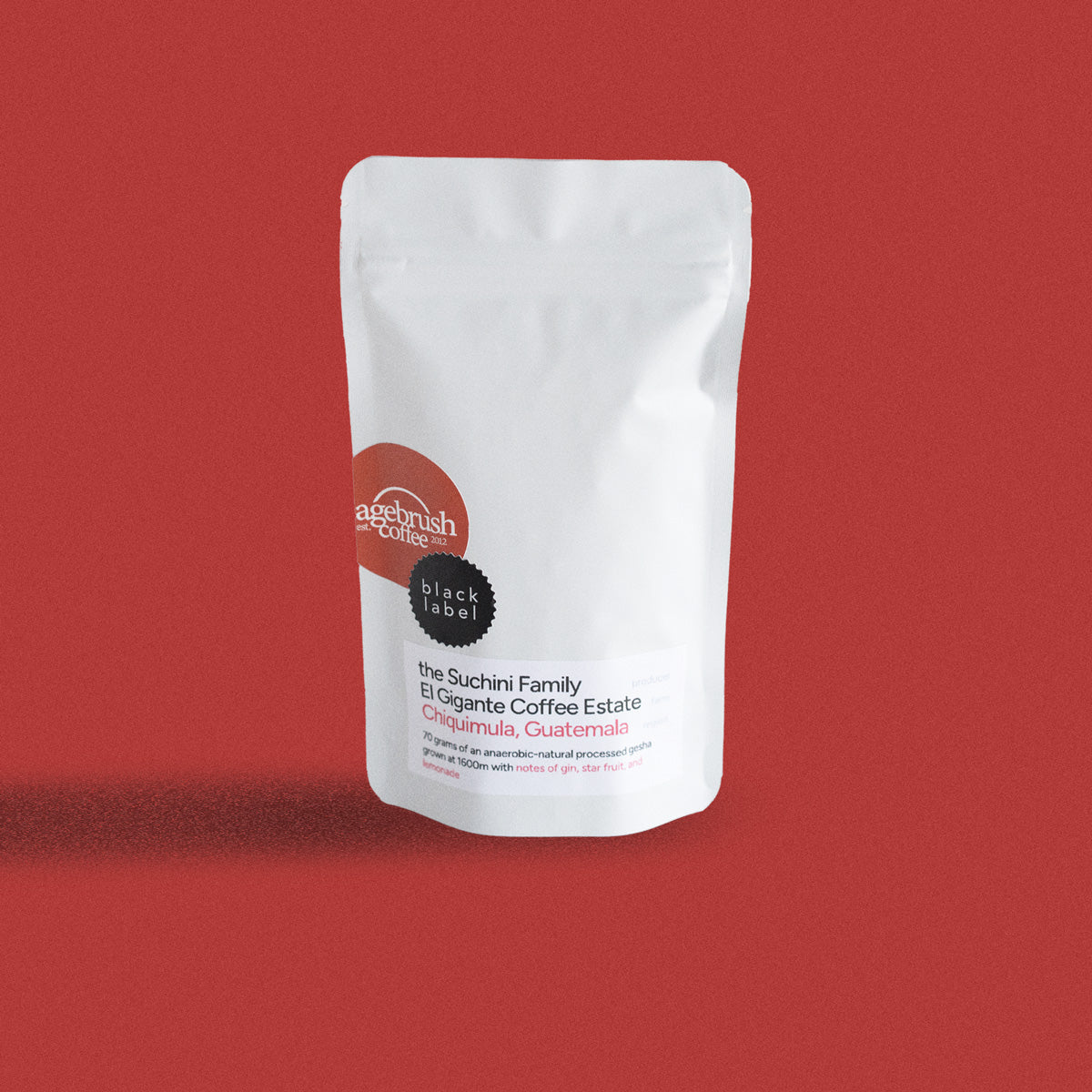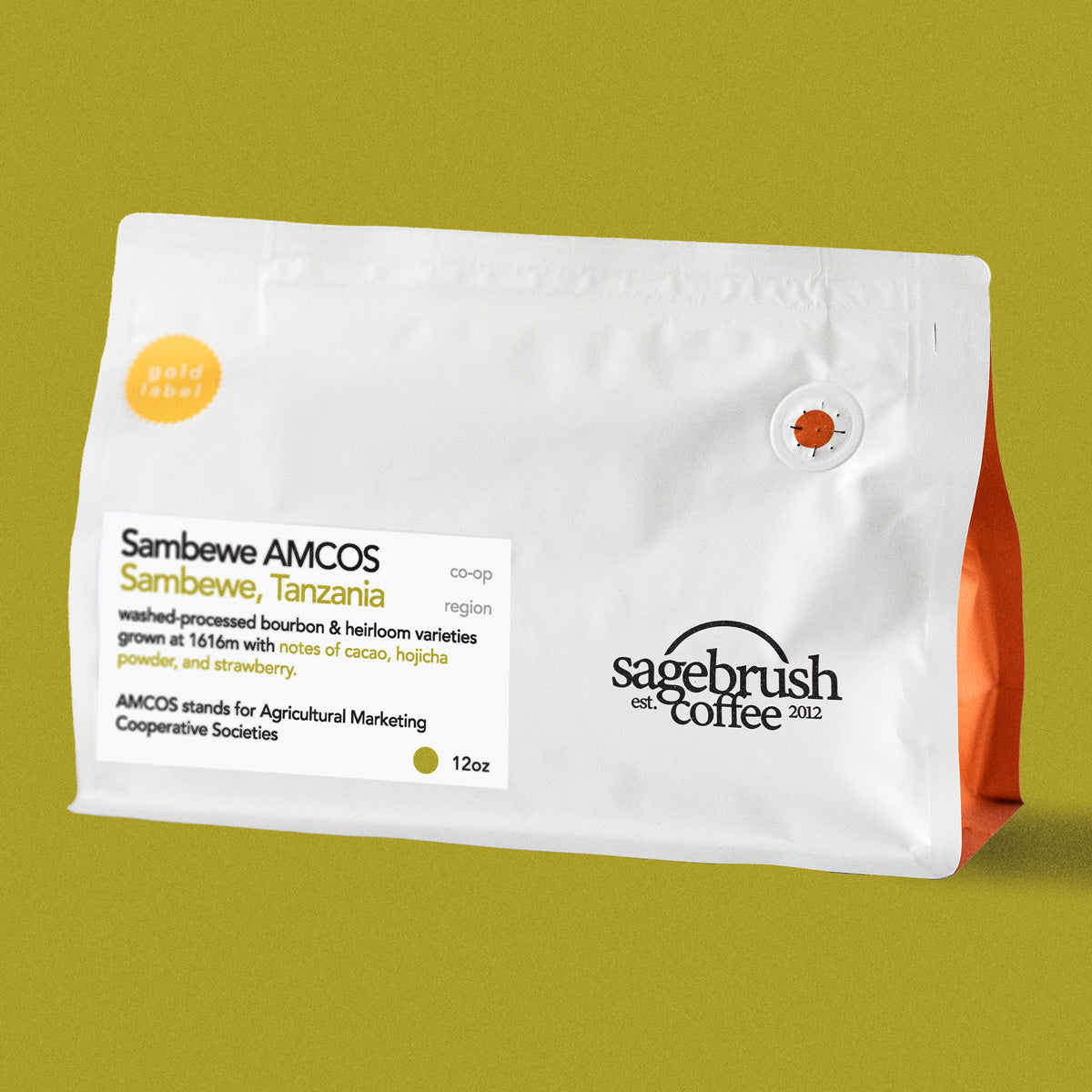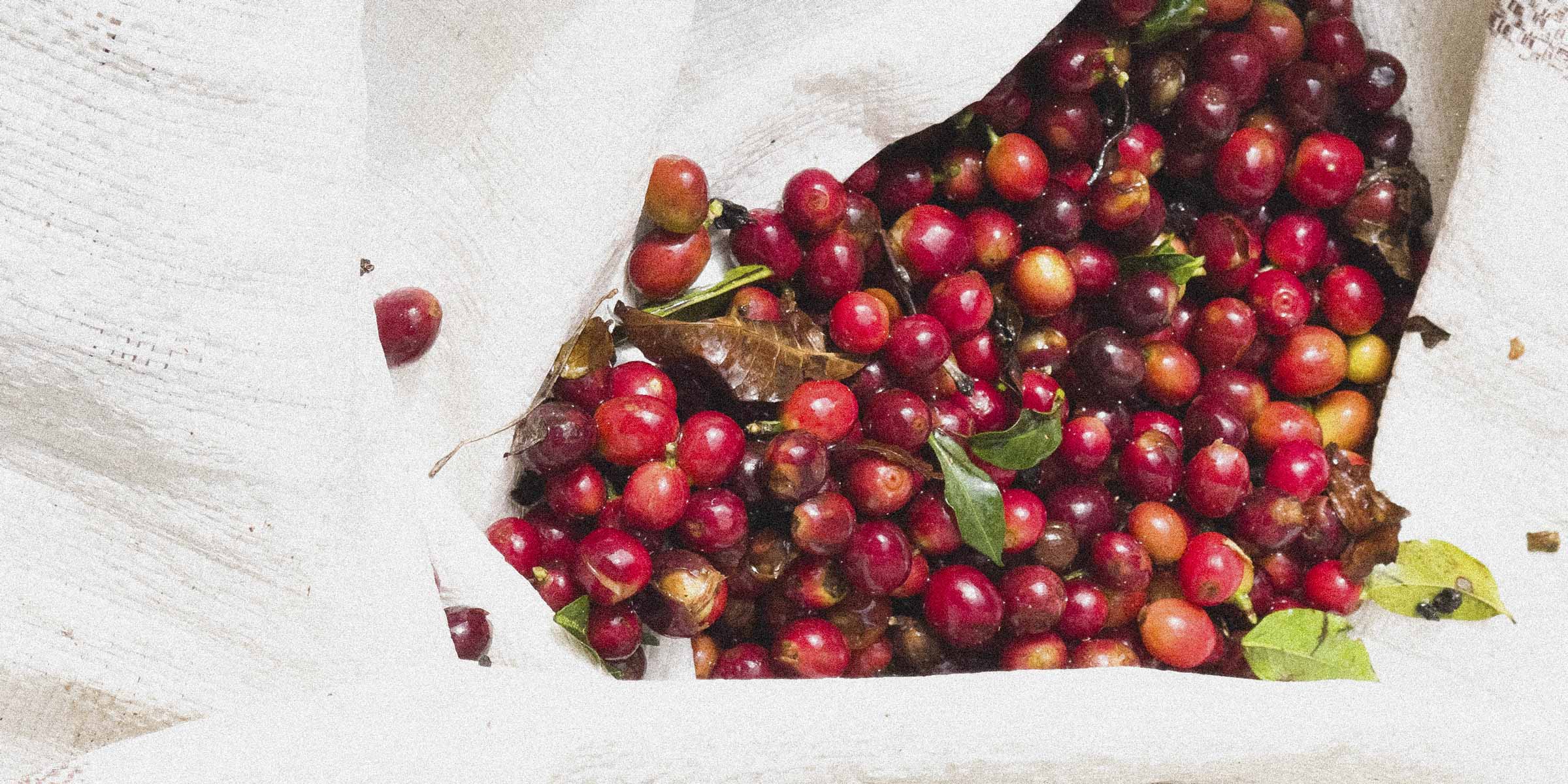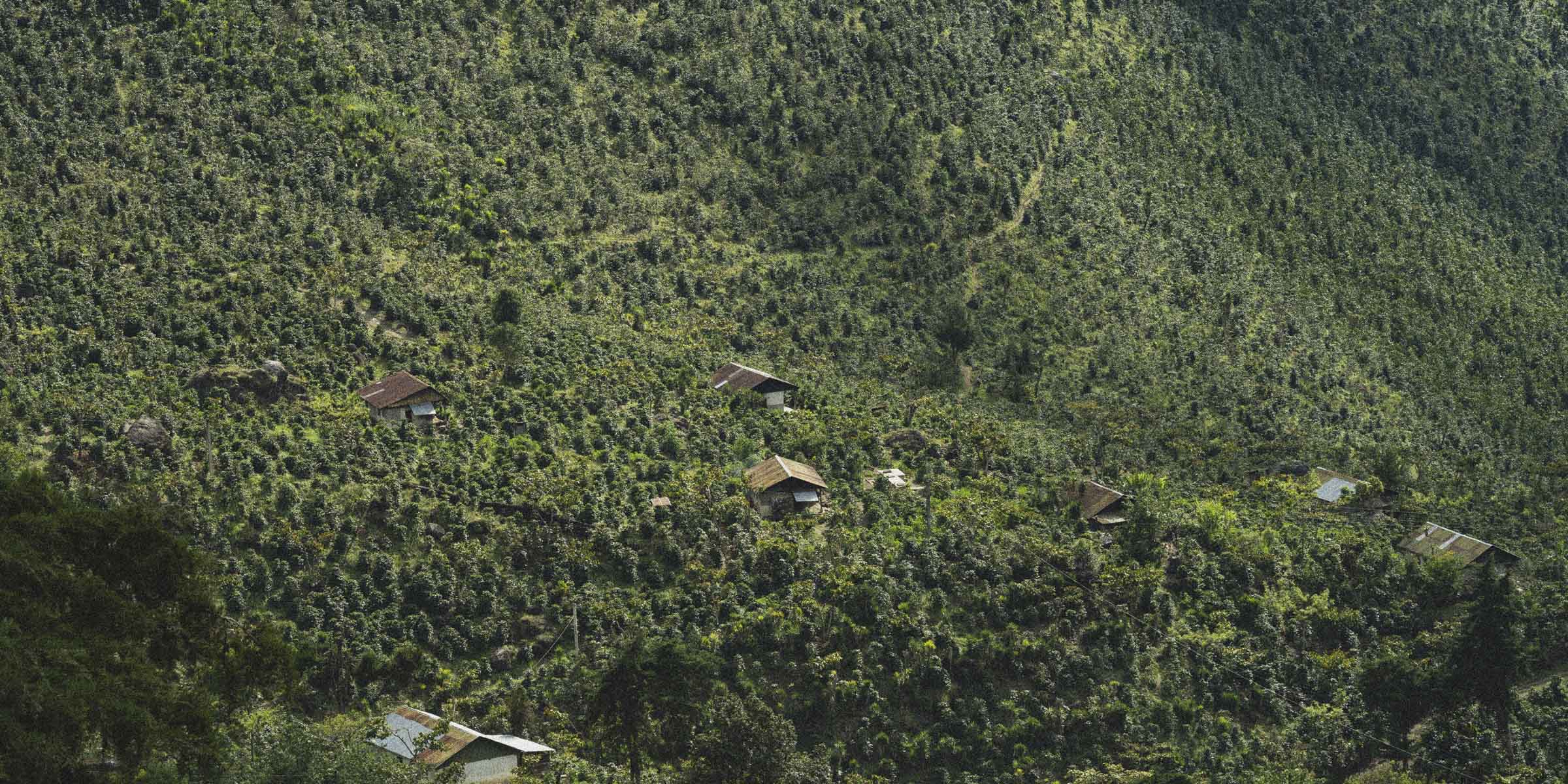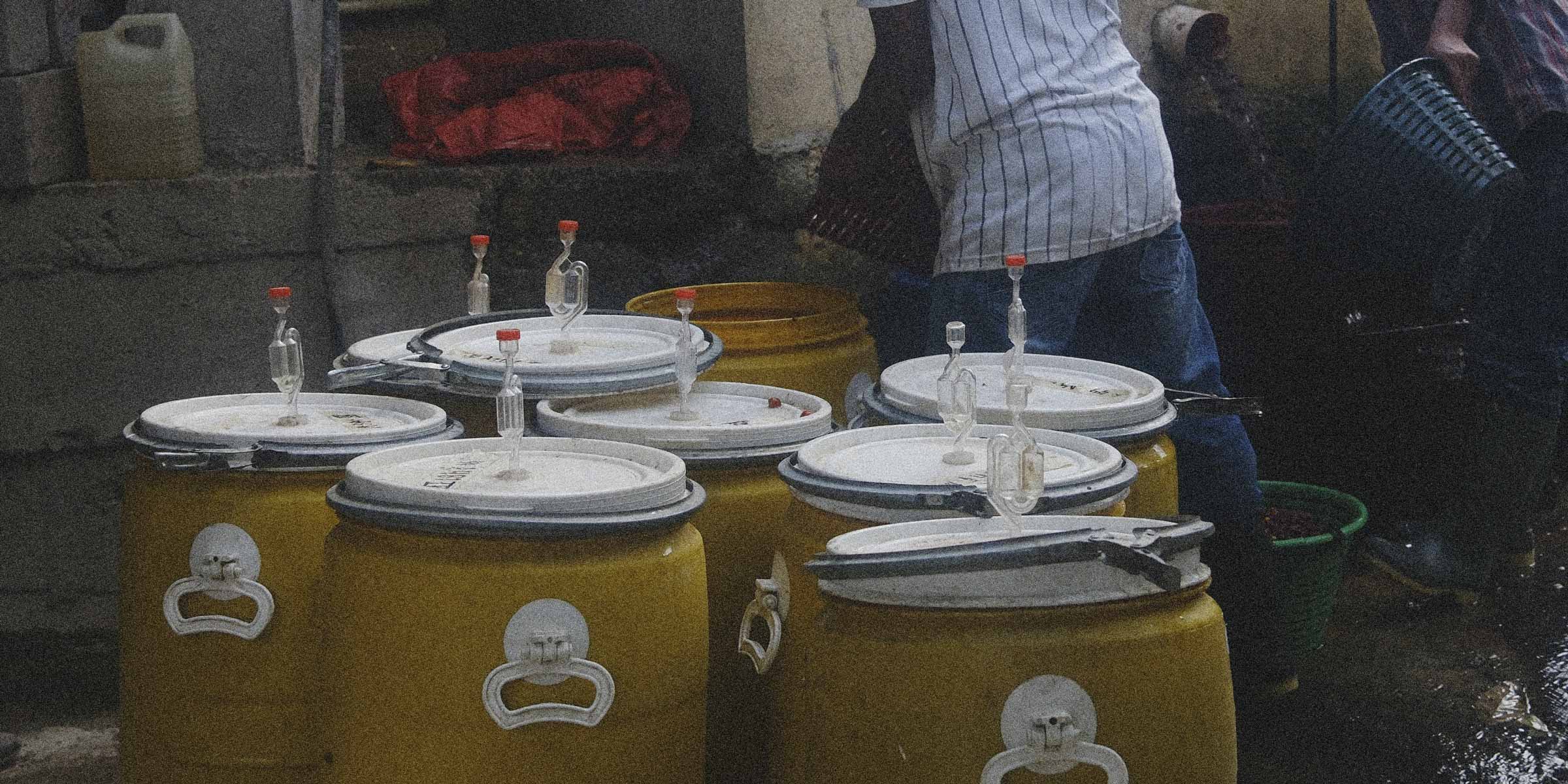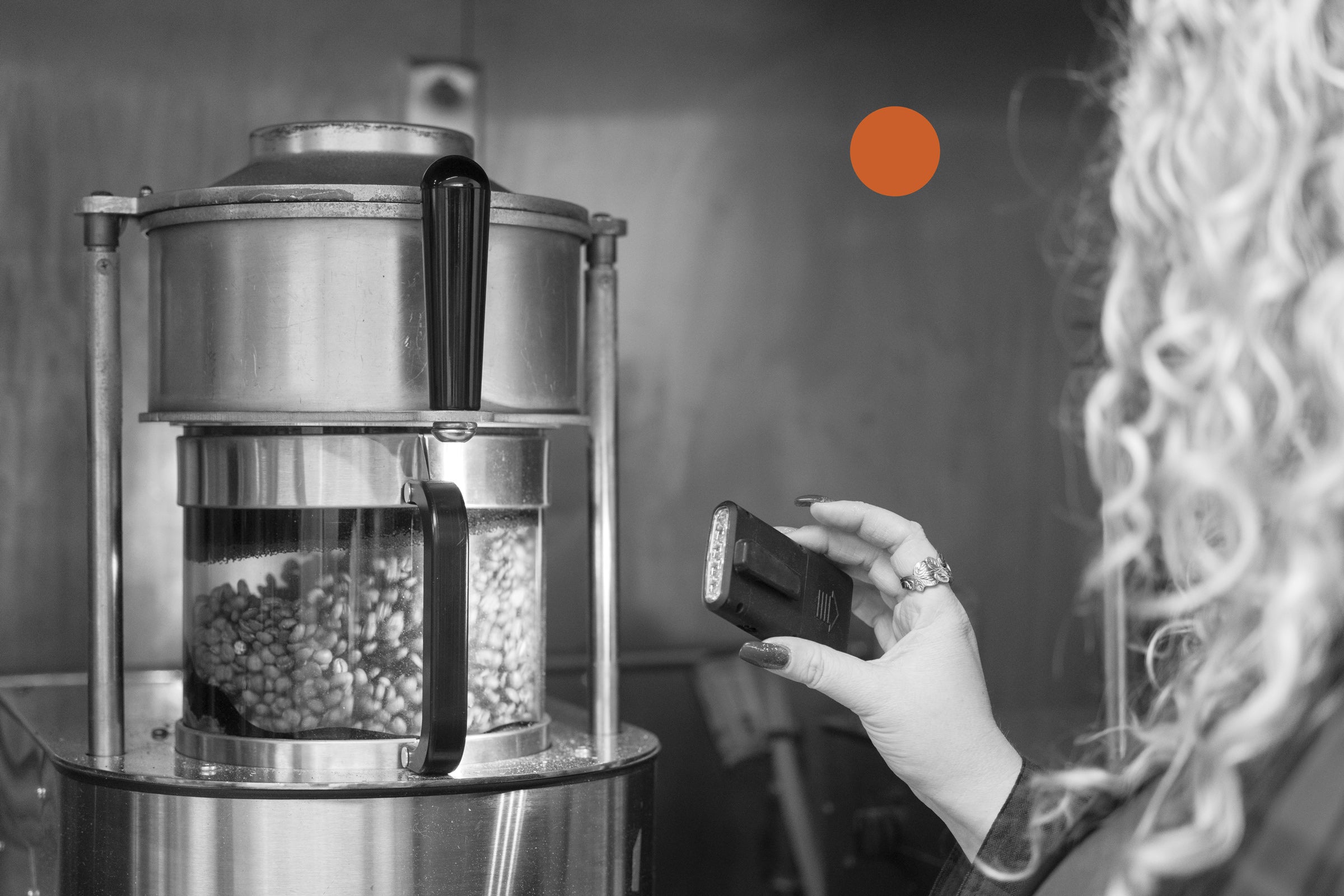
Although only 60 years old, Rwanda (ruh•waan•duh) has one of the richest and most distinguished histories of any country in the world. Its development into independence in 1962 sparked some of the most brutal years a country could experience. From infrastructure collapse to race-driven genocide, Rwanda has had far more than its fair share of turmoil, and today, we’ll be breaking down how coffee has helped this country prevail over it all.
Before we dive into independent Rwanda, we first must look at how it functioned under European rule. In 1884, Germany took control and colonized this section of land, putting Rwanda on the map per se. Although Germans had little to no local impact on Rwanda’s government throughout their colonial rule, their implementation of colonial taxation led to an essential shift in the Rwandan economy. Germany’s “cash tax” caused Rwanda to focus more heavily on profitable crops like coffee. This was a critical aspect of Rwanda's coffee history because it sparked Rwanda’s continual economic dependence on the agricultural development of coffee.
Now let’s fast forward to the end of World War One. Germany’s colonial control over Rwanda was delegated to Belgium by the League of Nations Mandate, and with that came an even heavier emphasis on profitable economic development. In turn, coffee quickly became the number one crop in the country. Forced labor practices grew, and even heavier import and export taxation developed. These practices were not a good equation for quality coffee. Throughout this time, the only goal was quantity, which shut down any thought that careful and labor-intensive production of coffee would be a good idea. The coffee culture worldwide was not quality-centric until about the early 1990s, so it’s no surprise that Rwanda wasn’t producing incredible coffee then. Still, these additional factors put it over the top.
On top of the colonial pressure to make coffee, racial tensions between Rwanda's two dominant ethnicities, the Hutus and the Tutsis, were growing exponentially. Western racial superiority ideals from Germany and Belgium bled into Rwanda's foundational culture, creating an ever-standing hostile division amongst its people. The history between the Hutus and the Tutsis is incredibly complex. Getting into that would necessitate an entire extra blog’s worth of information; simply put, they did not get along.
Now we are back to 1962, Rwanda established independence from Belgium, and the effects were only a testament to the growing tensions within the country. Hutu domination over the Tutsis led to countless instances of mass murder and death on account of race superiority, government control, and suppression. By the end of 1963, upwards of 70,000 people were dead, and many fled Rwanda, seeking refuge from neighboring countries. The already-weak infrastructure within the country was declining, and Rwanda’s ability to process coffee beans was falling apart, leading to the production of just about the worst coffee you could imagine. Things were looking grim for the Rwandan people, and, sadly, the worst years of Rwanda were yet to come.
In 1989, a worldwide coffee crisis took place, causing coffee prices to drop significantly. This left a vast majority of coffee-dependent countries in a bad place economically, but for Rwanda, it was devastating. Coffee was responsible for more than 70% of the country’s export revenue, so a significant price drop in that specific resource meant ruin. At this point, Rwanda was on the brink of complete collapse. In 1990, Rwanda was the fifth poorest country in the world. But wait, it gets worse. The Hutus in power utilized this coffee-driven collapse in the Rwandan economy as leverage to inflict blame on the Tutsis. This was one of many sparks that led to the horrible fire of what is known today as the 1994 Rwandan Genocide. This genocide attack on the Tutsi people is recorded as the largest number of people killed in the shortest amount of time. By the end of three months, 800,000 were dead. These vicious months were eventually ended by an uprising of the RPF, a Ugandan-backed military organization, which caused many Hutus to flee the country of Rwanda and station themselves in refugee camps.
In July of 1994, the thick of the genocide was over, but its effects remain a prominent stain on the culture today. The country has been focusing on reconstruction, and the means of this reconstruction has been through the redevelopment of the Rwandan coffee industry. With the help of government-implemented stimulus programs and private investors, many farms in the region are back on track agriculturally. Without steep import and export taxes, they can now shift their focus to utilizing the perfect climate and resources of the land to develop a high-end coffee bean. We here at Sagebrush are as focused as any business in the coffee world on finding the best beans we can get our hands on. When we get in Rwandan coffees, it only proves this practice true. It’s so inspiring to see a country in ruins be able to turn itself around and establish itself as one of Africa’s premier destinations for high-end coffee.
Rwanda is still a struggling country, and it remains one of the poorest and most politically stringent countries in the world. The genocide continues to be a sensitive topic in Rwanda's culture, but with the continued development of the coffee industry, the light is at the end of the tunnel.





